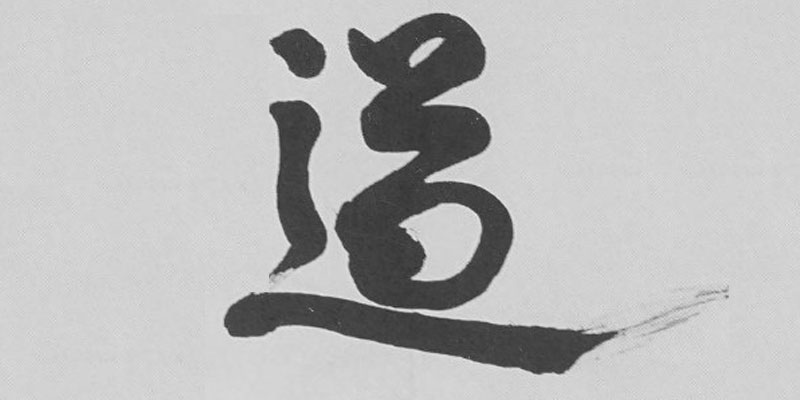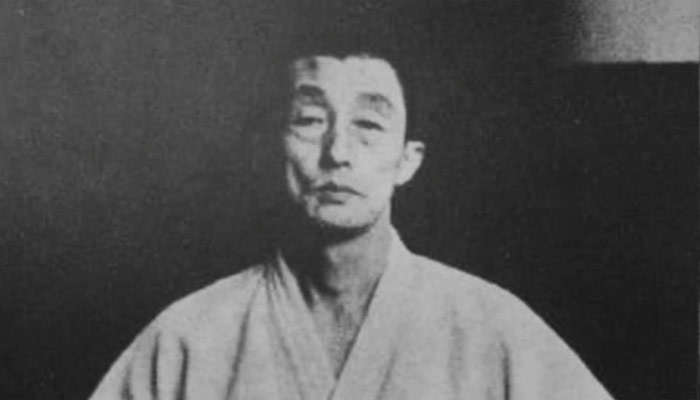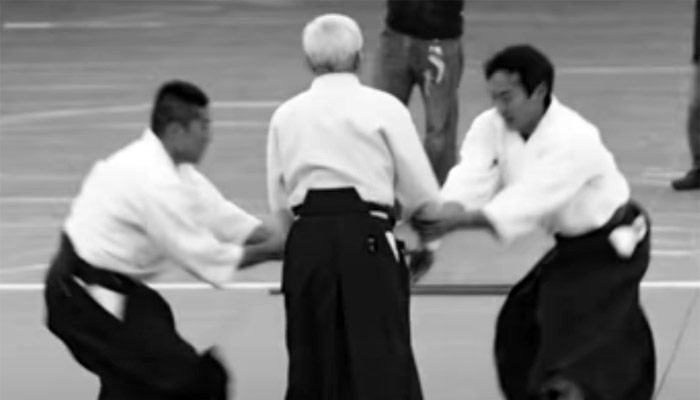-
One Aikido, Many Expressions: Different Styles of a Living Art
Aikido, a modern Japanese martial art created by Morihei Ueshiba 植芝 盛平 (1883–1969), has grown into a worldwide discipline with numerous styles and interpretations. Though rooted in the same philosophical and technical foundation, the different styles of Aikido each carry their founder’s interpretation, emphasis, and training methodology. Here is an overview of some of the most influential Aikido styles and their defining characteristics. Aikikai 合気会 – Aikikai is the original and largest Aikido organization founded by Morihei Ueshiba, carried on by his son Kisshomaru Ueshiba 植芝 吉祥丸 (1921–1999, Second Doshu) and grandson Moriteru Ueshiba 植芝 守央 (Third and current Doshu). It is considered the Honke 本家 style of Aikido and…
-
Kenji Tomiki and his Vision of Competitive Aikido
Kenji Tomiki 富木 謙治 was a scholar and a prominent martial artist who held an 8th dan in both Judo and Aikido. He was an early student of Morihei Ueshiba and played a crucial role in the development of Aikido and the establishment of Shodokan Aikido 昭道館合気道, also known as Tomiki Aikido. Born on March 15, 1900, in Kakunodate 角館町, Akita Prefecture 秋田県, Japan, Tomiki started training in Judo when he was about 10 years old and obtained his shodan rank in 1919. He continued to practice Judo and only in 1926, he was introduced to Morihei Ueshiba by his friend Hidetaro Mishimura, and started training in Aikido (still known…
-
Randori: The Heart of Aikido’s Dynamic Training
Randori 乱取り is a dynamic training exercise practiced in various Japanese martial arts, including Judo and Aikido. The first character, ran 乱, means “disorder” or “chaos,” while dori 取り means “taking” or “capturing.” The earliest recorded use of the term dates back to the military manual Koyo Gunkan 甲陽軍鑑 during the Edo period, where it referred to raiding an enemy territory to seize goods. In martial arts, randori involves facing one or multiple attackers in an unpredictable and dynamic setting, unlike pre-set attack-defense sequences such as kumite 組手 in Karate or kumijo 組杖 in Aikido. Randori is especially common in Judo. Out of its three technique categories – throwing techniques…


